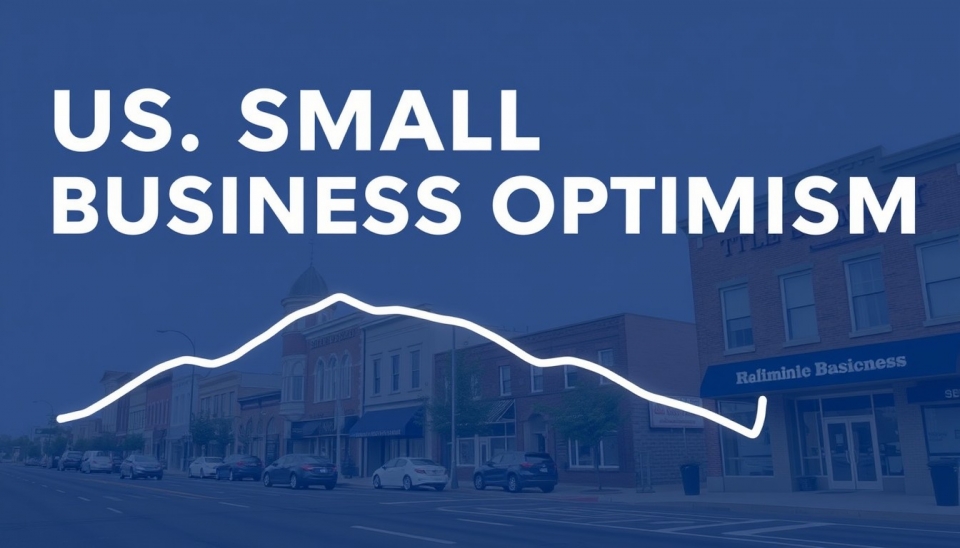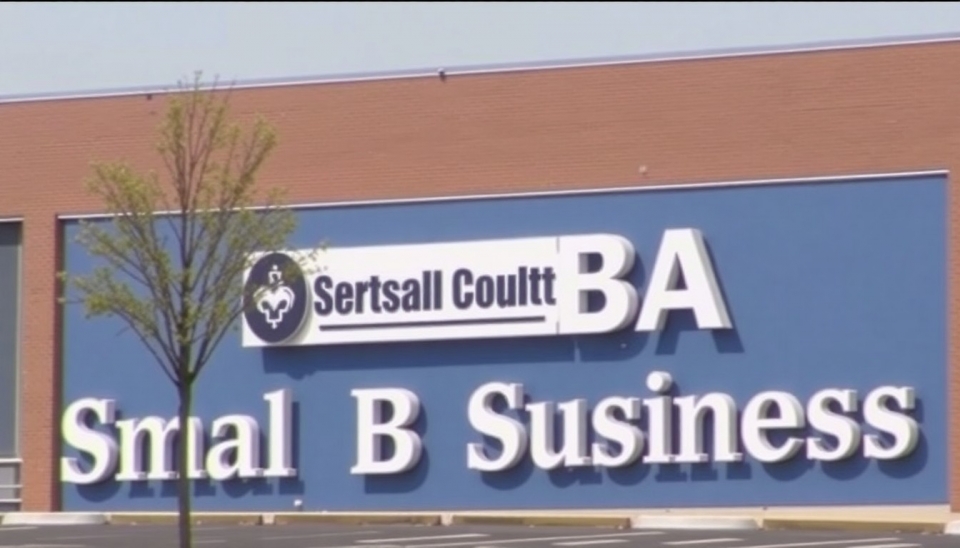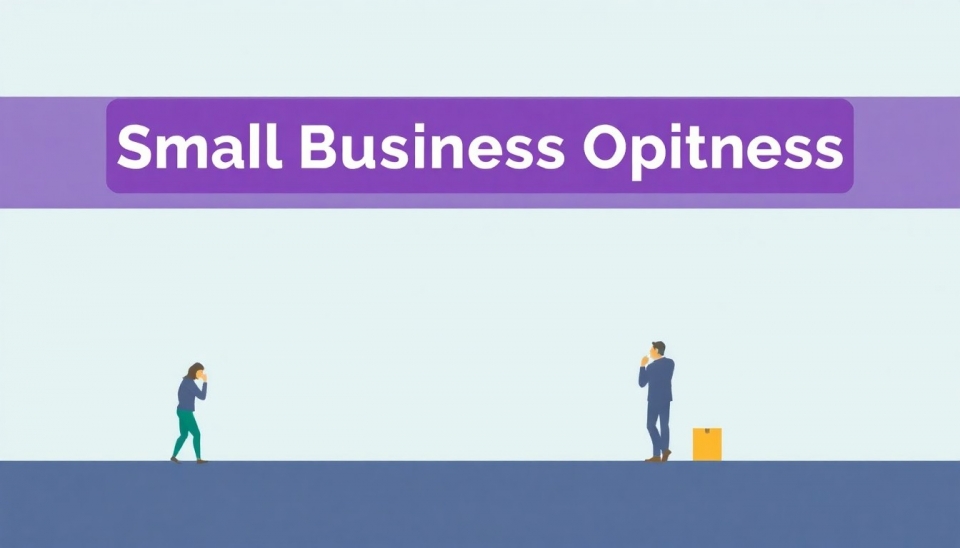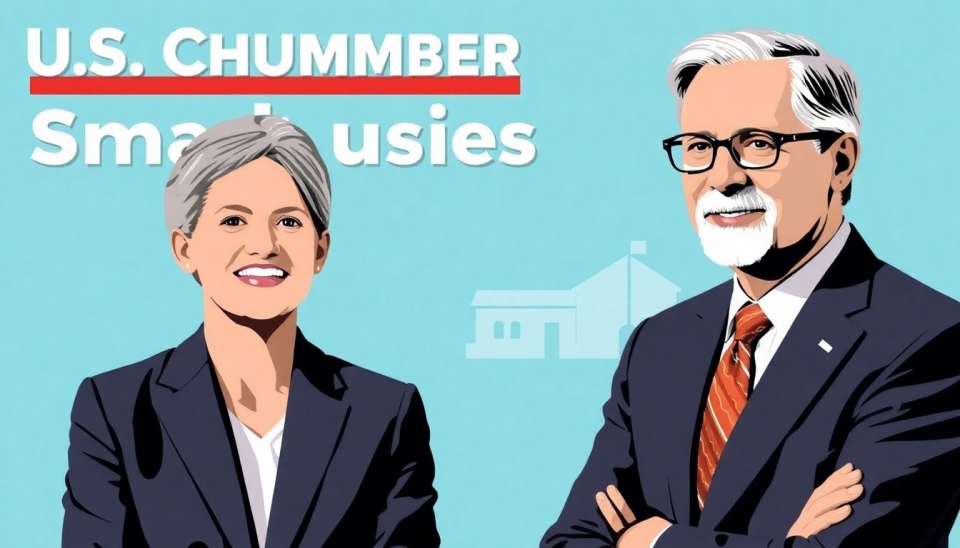Decline in US Small Business Optimism: Biggest Drop in Over Two Years

Recent data from the National Federation of Independent Business (NFIB) has revealed a significant decline in optimism among small business owners in the United States. The optimism level fell by 3.7 points in August, marking the steepest drop since April 2021. Currently, the NFIB optimism index stands at 91.3, below the long-term average of 98 points. This result came as a surprise to analysts who had predicted a less severe decline.
According to the surveys, over 50% of small business owners believe that now is not a good time to invest in expansion, citing uncertainty in the economic environment and high inflation as major concerns. Furthermore, many respondents expressed worries about rising labor costs and other operational expenses, highlighting the pressures experienced by small enterprises.
Despite the ongoing challenges, 63% of business owners expressed hope for an improvement in market conditions within the next six months. Nonetheless, overall expectations remain below historical norms, suggesting that small businesses continue to feel the impact of macroeconomic factors.
Experts view this data as a red flag for the broader economy, given that small businesses make up a significant portion of the American sector, and their health largely influences economic growth rates. Such trends, analysts argue, could negatively affect consumer spending and future investment activity.
Thus, the decline in optimism among small businesses could have far-reaching consequences for the economy as a whole. For government and regulatory bodies, this might serve as a signal for the need for active support of the sector to stimulate its development and recovery.
#smallbusiness #optimism #economy #inflation #investment #USA




